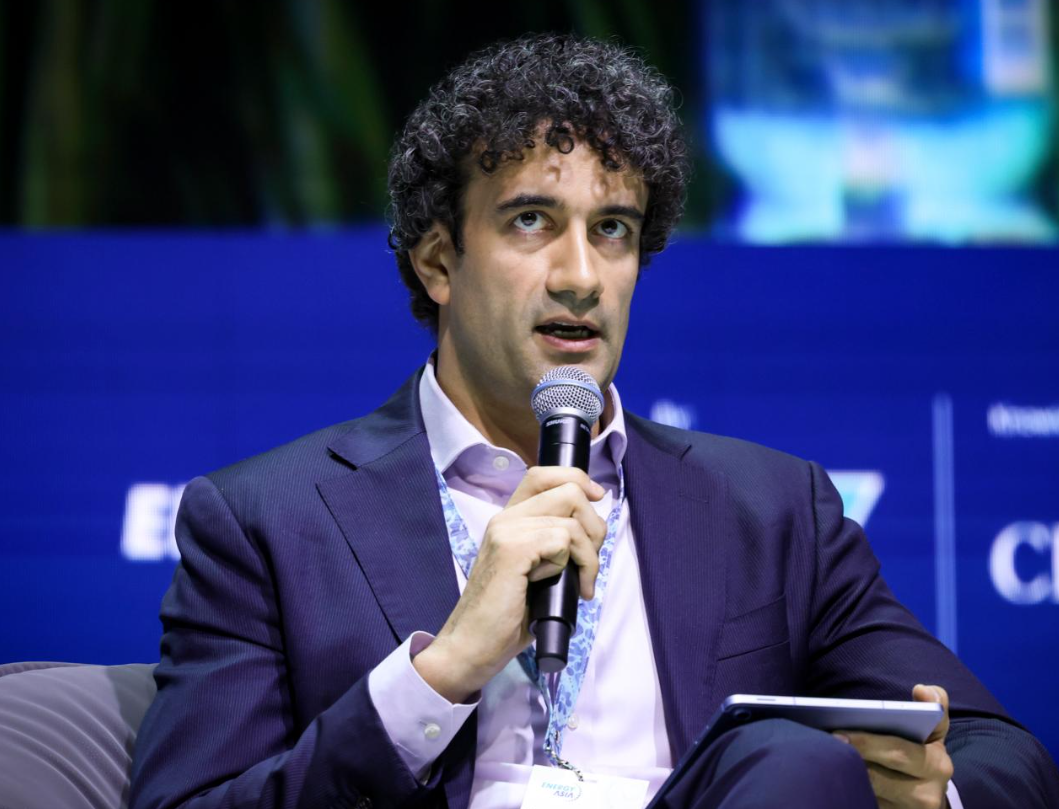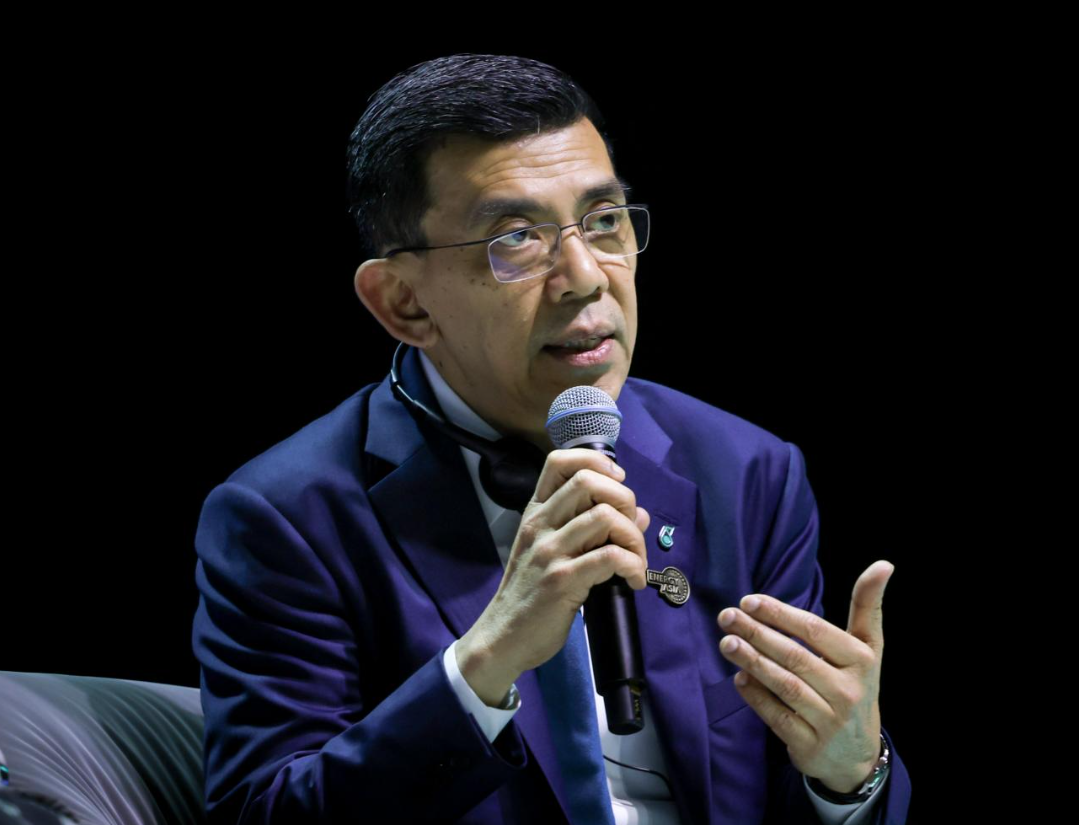Stephen Findeisen, widely recognized by his YouTube alias “Coffeezilla,” has recently spotlighted AI company Rabbit, accusing it of engaging in deceptive practices related to a nonfungible token (NFT) project. On May 21, he released a video on his channel detailing his investigation into Rabbit AI’s involvement with the NFT initiative previously known as Gama, which was undertaken when the company operated under the name Cyber Manufacture Co.
Initial Fundraising and Project Shift
The project initially raised $6 million, promising to deliver an innovative NFT experience. Years later, Rabbit AI’s founder and CEO Jesse Lyu, has attempted to distance the company from its crypto origins. Despite Lyu’s public statements on Discord asserting that the company would “never touch crypto” again, Coffeezilla highlighted discrepancies in Lyu’s narrative about the project’s scope and intentions.
Claims versus Reality
Lyu described Gama as a “fun little project” during the COVID-19 pandemic, which he departed after the game associated with it was open-sourced. However, Coffeezilla presented recordings where Lyu articulated a grand vision for Gama, involving substantial investments to transform it into a “next-level experience.” Lyu envisioned Gama leading into broader initiatives dubbed the ‘Gamaverse’ and even speculated about ventures in clean energy tied to a hypothetical ‘Gama Coin.’
Funding Use and Project Outcomes
Amid these revelations, questions remain about the $6 million raised for Gama. Coffeezilla raised concerns about the allocation of these funds, especially since the ambitious promises linked to Gama largely went unfulfilled. The transition of Rabbit AI from Gama’s foundation to their current operations, including their hyped R1 product, suggests a pattern of over-promising, akin to the earlier NFT project.
The scrutiny isn’t limited to Coffeezilla alone. Josh Olin, founder and CEO of WeGPT, has also voiced suspicions about Rabbit’s R1 product, labeling it as an “AI grift” and accusing the company of orchestrating a quick cash grab to attract investors.
| Date | Event | Description |
|---|---|---|
| May 21 | Coffeezilla video release | Detailed Rabbit AI’s past and present activities linked to NFTs. |
| Jan 14 | Allegations by Josh Olin | Described Rabbit’s R1 as a potential scam. |
| Ongoing | Public and industry reaction | Widespread skepticism about Rabbit’s business practices. |
Coffeezilla’s findings underscore a potentially systemic issue within Rabbit AI, highlighting how past projects’ remnants can influence current business strategies. The discrepancies between public statements by Rabbit’s leadership and their actual business maneuvers have drawn significant attention, casting doubt on their transparency and integrity.
The allegations against Rabbit AI present a cautionary tale about the complexities and potential pitfalls within the burgeoning fields of AI and NFTs. As this situation unfolds, it will likely serve as a focal point for discussions about accountability and ethical business practices in tech startups, particularly those dealing with speculative and emerging technologies like NFTs.
Coffeezilla’s investigation into Rabbit AI provides a deep dive into the challenges of maintaining ethical standards in rapidly evolving tech domains, reminding stakeholders of the importance of diligence and integrity.










